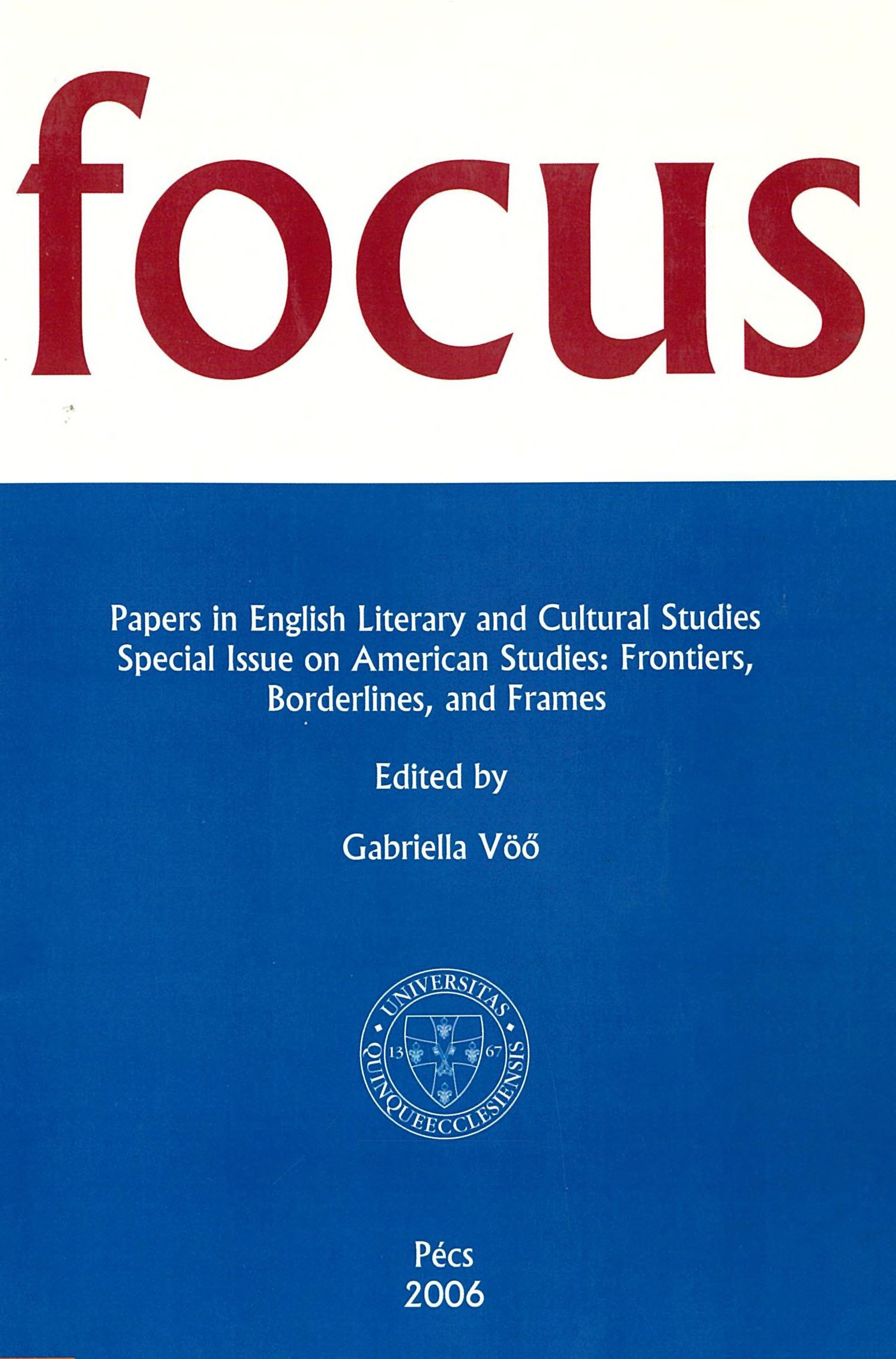Limit Thinking and Boundary Rhetoric: A Genealogy of Borders
Abstract
The words “border,” “boundary,” and “limit” come up with surprising regularity in US critical discourse of the last thirty years or so, and it may be worthwhile to look at their history. Instead of dismissing them as merely partisan badges to carry around in conferences or as ironic allusions in popular culture and journalism, I will try to create a bilingual frame of reference for them. They have a common genealogy, and the discourses they occur in belong to certain formations. I will look at these three words, their distribution, multiple meanings, and the changes they undergo, mainly in the nineteenth and twentieth century. They may turn out to be cultural keywords that need further research along the lines that Raymond Williams has opened up for cultural studies (Williams; Jay; Koselleck 9-102). My main thesis is that the German words Grenze or Gränze (both spellings occur) in the texts of Friedrich Nietzsche (and his debts to Ralph Waldo Emerson, as I will argue below) form one of the main nodes for the contemporary use of “border—boundary—limit.” I will also look at related or opposite terms like “horizon,” “frontier,” “margin,” and others. A short conclusion, an “arbitrary closure,” will summarize the findings.
Downloads
Published
How to Cite
Issue
Section
License

This work is licensed under a Creative Commons Attribution-NonCommercial-NoDerivatives 4.0 International License.
FOCUS: Papers in English Literary and Cultural Studies follows the principles laid down by Creative Commons, which provides guarantees for the Author’s copyright while also ensuring that intellectual properties are made available for the wider public in a digital form. All papers submitted to the journal apply the following licence conditions (indicated on the journal’s website as well as in individual publications):
“© This work is licensed under a Creative Commons Attribution-NonCommercial-NoDerivatives 4.0 International License.”
You are free to:
- Share, copy and redistribute the material included in the journal in any medium or format under the following terms:
- Attribution — You must give appropriate credit to the Author, and indicate the original place of publication [FOCUS: Papers in English Literary and Cultural Studies, Issue nr., page numbers.].
- NonCommercial — You may not use the material for commercial purposes.
- NoDerivatives — You are not allowed to remix, transform, or build upon the material.
- The above conditions must always be indicated if the journal material is distributed in any form.
- The above conditions must always be met, unless a written permission signed by the Author and the Editor-in-Chief states otherwise.

